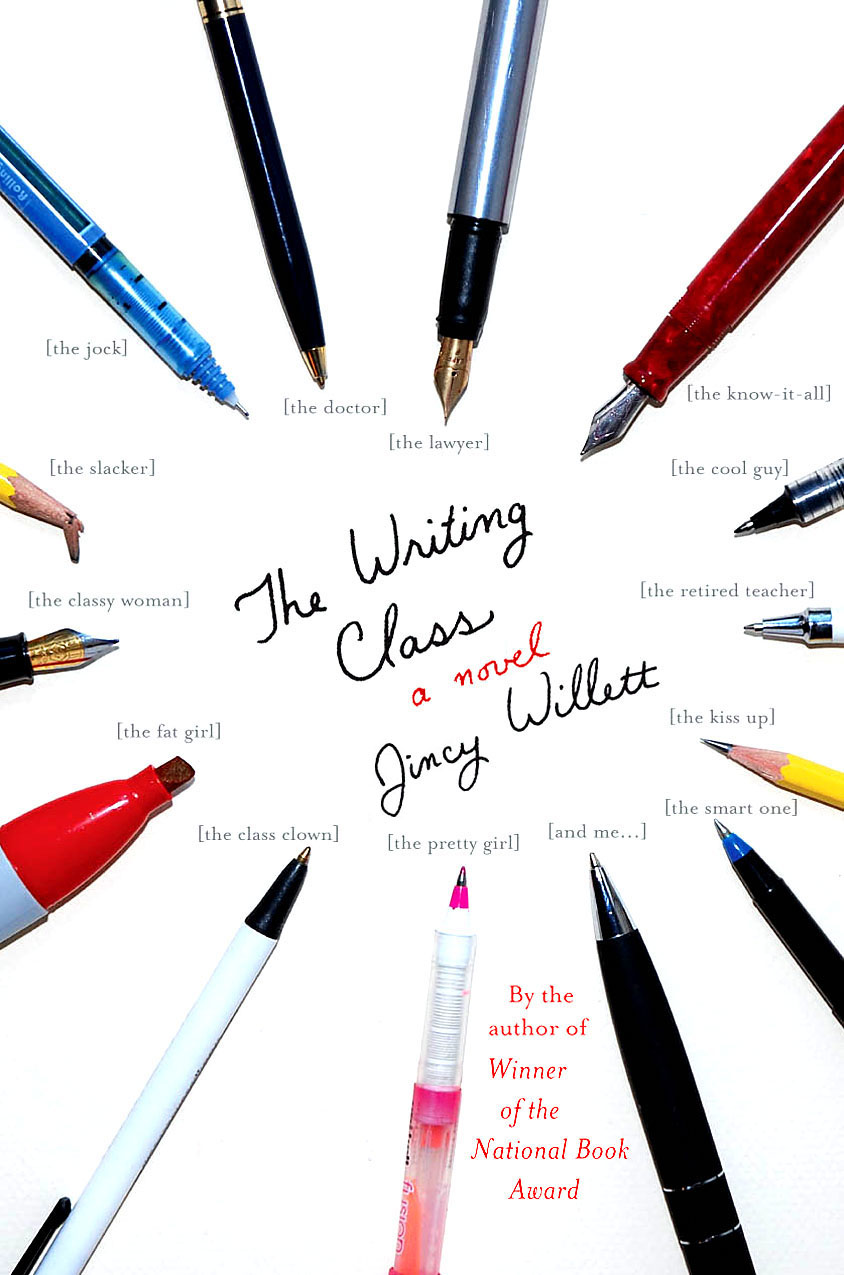Here’s a new list. These must be substantiated.
Bullies May Get Kick Out of Seeing Others in Pain
http://www.msnbc.msn.com/id/27592980/
Portuguese sausage sighted in North County
http://www.nctimes.com/articles/2008/08/20/food/groch/z8756df8b2ffbd441882574ab0001abe5.txt
Drunken dialing, mental confusion prompt frivolous calls to 911
http://www.nctimes.com/news/national/article_805e43dd-0bdb-53ff-b473-e4cdc0e52698.html
